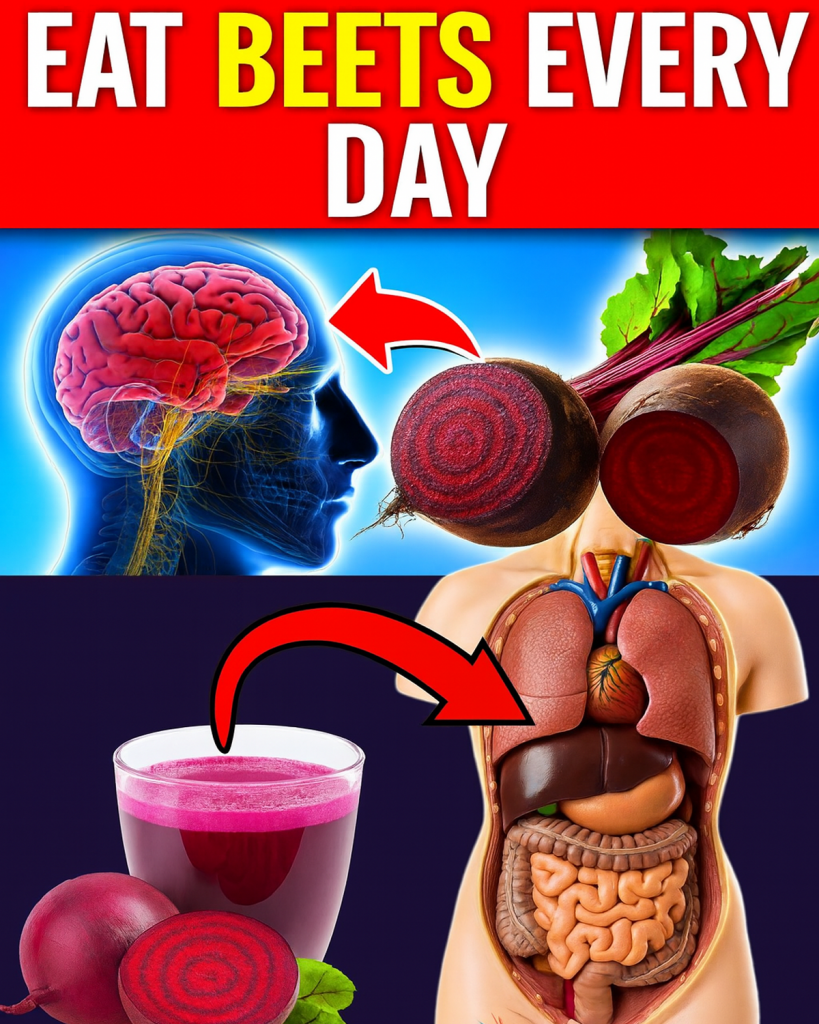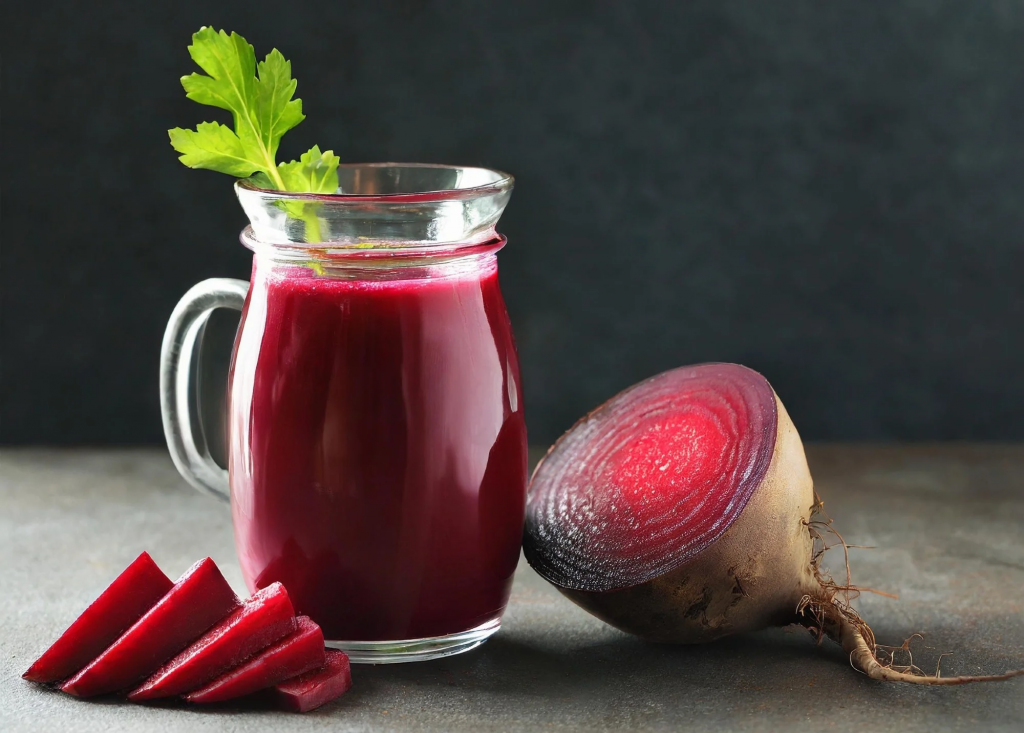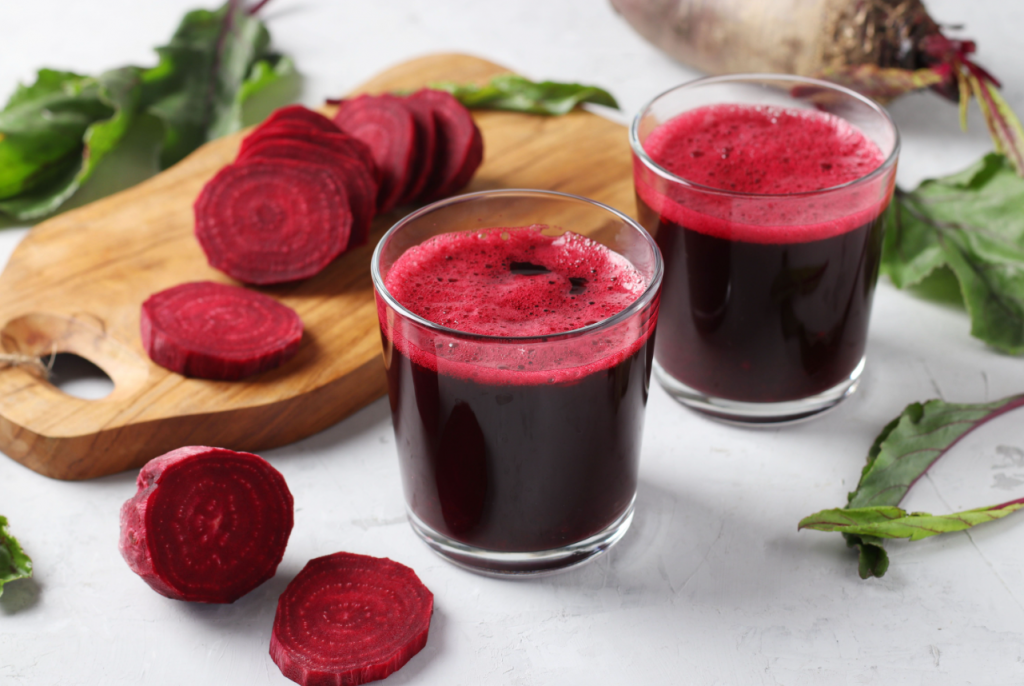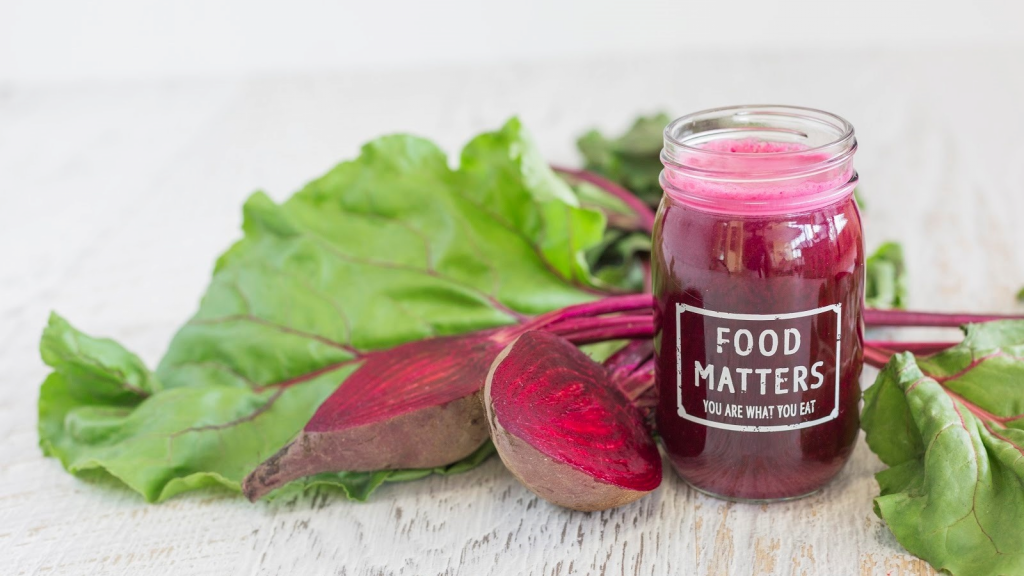Beets are not just another colorful vegetable sitting in your grocery aisle. This vibrant root has been a staple in traditional medicine for centuries and is now making waves in the wellness world as one of the most nutrient-dense superfoods you can drink. In fact, research shows that just one glass of beet juice a day can significantly improve blood flow and energy levels within hours.
But beet juice is more than a quick pick-me-up. Packed with nitrates, antioxidants, fiber, and essential minerals, it works on nearly every system in your body. From lowering blood pressure to boosting athletic performance and even supporting brain health, the humble beet root offers a powerhouse of benefits in every sip.
In this article, you’ll discover nine incredible things that can happen to your body when you drink beet juice daily. You’ll also learn how to prepare it, tips for getting the most out of it, and real-life examples of how people are using this simple habit to transform their health.

1. It Helps Lower Blood Pressure Naturally
Beet juice is rich in dietary nitrates, which convert into nitric oxide in the body. Nitric oxide relaxes and widens blood vessels, improving circulation and reducing blood pressure.
Case study: A study in the journal Hypertension showed that people who drank beet juice daily experienced an average drop of 4–10 mmHg in blood pressure. This makes it a natural, food-based option for heart health support.
2. It Boosts Energy and Stamina
Many athletes swear by beet juice for its performance-enhancing effects. By improving blood flow and oxygen delivery to muscles, it helps increase endurance and reduce fatigue.
Tip: Drink a glass of beet juice 2–3 hours before workouts to maximize energy during exercise.

3. Supports Healthy Digestion
Beets contain both soluble and insoluble fiber, along with natural prebiotics that feed beneficial gut bacteria. Daily beet juice helps regulate bowel movements, reduce bloating, and support overall digestive balance.
Example: People who add beet juice to their morning routine often report feeling “lighter” and less sluggish throughout the day.
4. Enhances Brain Function and Focus
Improved blood flow doesn’t just benefit your heart and muscles—it also supports your brain. By delivering more oxygen to brain tissue, beet juice may help improve focus, memory, and even reduce the risk of age-related cognitive decline.
Research insight: Studies suggest that older adults who consume beet juice before exercise show increased activity in brain regions involved in decision-making.
5. Strengthens the Liver and Detox Pathways
Beet juice contains betaine, a compound that supports liver function and helps process toxins. It also promotes bile production, which aids in digestion and detoxification.
Practical use: Many wellness practitioners recommend beet juice as part of a gentle detox regimen, particularly after heavy meals or alcohol consumption.

6. Improves Skin Health and Natural Glow
Antioxidants in beet juice, especially betalains, help neutralize free radicals and reduce inflammation, which can benefit skin health. Regular consumption may help improve skin clarity, reduce redness, and give you a healthy glow.
Real-life example: Beauty enthusiasts often refer to beet juice as a “natural skin elixir” due to its visible effects after consistent use.
7. Provides Iron and Fights Fatigue
Beets are a great source of iron, making them helpful for individuals prone to anemia or low energy. Combined with vitamin C in beet juice, this iron is more easily absorbed, helping fight fatigue and support healthy red blood cells.
8. Supports Weight Management
Low in calories but rich in fiber, beet juice helps promote satiety and prevents overeating. Its natural sweetness also makes it an excellent substitute for sugary drinks, supporting weight balance.
Tip: Blend beet juice with apple or carrot for a naturally sweet, filling beverage that doesn’t spike blood sugar as quickly as sodas or processed juices.

9. May Reduce Inflammation and Support Recovery
Chronic inflammation is linked to many modern health issues. Beet juice’s antioxidants and anti-inflammatory compounds can help soothe inflammation, support joint health, and improve recovery after exercise or illness.
Athletic example: Many runners and cyclists use beet juice not just for performance, but also for post-workout recovery to reduce soreness.
How to Make Beet Juice at Home
Making beet juice is simple and cost-effective.
Basic Recipe:
- 2 medium beets (peeled and chopped)
- 1 apple (for sweetness)
- 1 carrot
- ½ lemon (juice only)
- Small piece of ginger (optional)
Blend with water or put through a juicer. Drink fresh for maximum benefits.

Suggested Daily Routine
| Time of Day | Best Practice |
|---|---|
| Morning | Drink on an empty stomach for detox and energy |
| Pre-workout | 2–3 hours before exercise for endurance boost |
| Evening | Avoid right before bed if sensitive to its energizing effects |
Safety and Precautions
Beet juice is safe for most people, but consider the following:
- It can temporarily turn urine or stool red (harmless).
- People with kidney stones should moderate intake due to oxalates.
- Consult a doctor if you have chronic health conditions or take medications.
Conclusion
Beet juice is more than a colorful drink—it’s a daily habit that can transform your health. From lowering blood pressure and boosting stamina to improving brain function, liver health, and skin glow, the benefits are truly powerful. Simple, affordable, and easy to prepare, beet juice deserves a spot in your wellness routine.
Frequently Asked Questions
How much beet juice should I drink daily?
½ to 1 cup is enough for most people. Start small and adjust as your body adapts.
How long until I see results?
Some benefits, like energy and stamina, may appear within hours. Others, like skin and liver support, may take weeks of consistent use.
Can beet juice replace medical treatment?
No. Beet juice is a supportive wellness tool, not a substitute for professional medical advice or treatment.
This article is for informational purposes only and should not replace professional medical advice. Always consult with a healthcare provider before making dietary changes or using natural remedies for health conditions.




